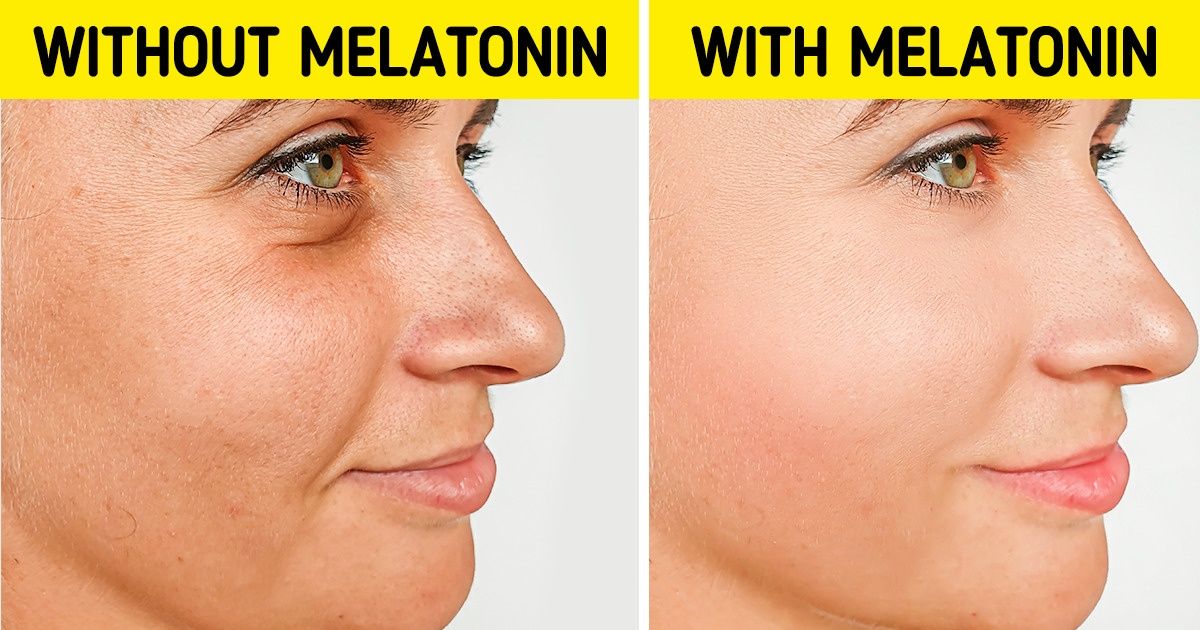I Refuse to Give My Wedding Venue to My Spoiled Sister, I Don’t Care If She’s Pregnant


Melatonin is also known as the hormone of sleep, because its production is directly related to the amount of light we receive. It is found naturally in our body and is synthesized through tryptophan, an essential amino acid that the body cannot produce on its own — it must be obtained from food and is of vital importance, as it is necessary for growth and development.
Bright Side researched the importance of this hormone, and this article will tell you what we found out about it. Remember to consult with your doctor or nutritionist before taking any supplements or making any changes to your daily diet.
Our body possesses two types of melatonin: one is developed in the pineal gland and the other is produced in the organs. The first is photosensitive, that is, it is produced according to the amount of light to which we are exposed, and is responsible for controlling the biological rhythms of sleep.
The second, called extrapineal melatonin, is produced in greater quantities, but its production is not related to light. Among its most important functions is cellular protection, as it has antioxidant and anti-inflammatory effects.
Pineal melatonin controls our body’s biological clock, being the main thing responsible for our rest cycles. It begins to be produced at dusk, when we begin to perceive less light, and its maximum production appears in the darkness of the night. It does not induce sleep as if it were a sleeping pill — its job is not to make us to sleep, but to remind us that we need to rest.
The production of extrapineal melatonin is totally independent of the pineal gland and, when necessary, each organ or tissue can produce it on its own. Its functions occur at the cellular level. It regulates cellular functions by acting as an antioxidant, preventing cellular aging, and at the same time as an anti-inflammatory in the face of a threat, to protect cells.
In addition to its most popular benefit, as a regulator of sleep and rest, this hormone also provides us with a series of extremely important benefits.
Although we produce this hormone naturally in our body, our diet will be of vital importance, both to consume it directly from food and to obtain the tryptophan that our body needs to synthesize it.
Do you take any type of nutritional or vitamin supplement? Which one and what for?











